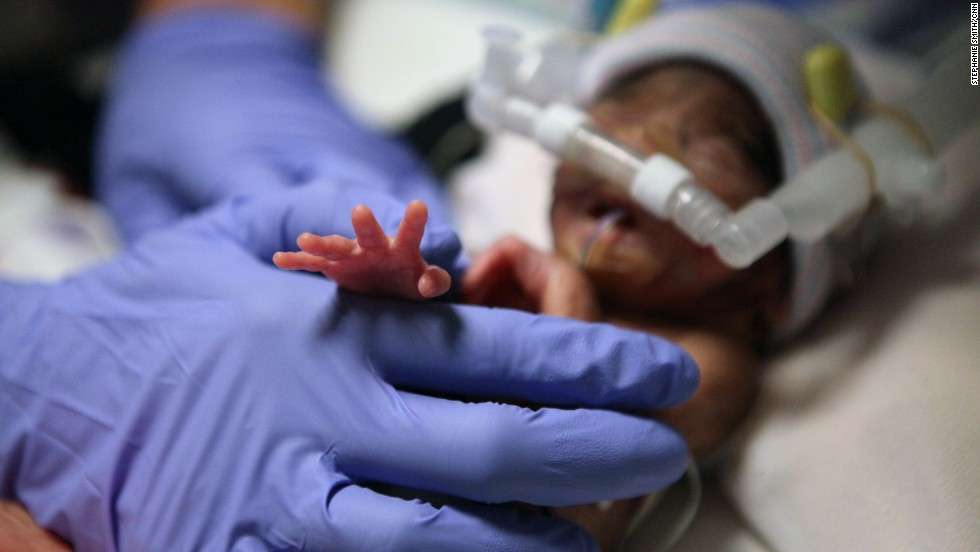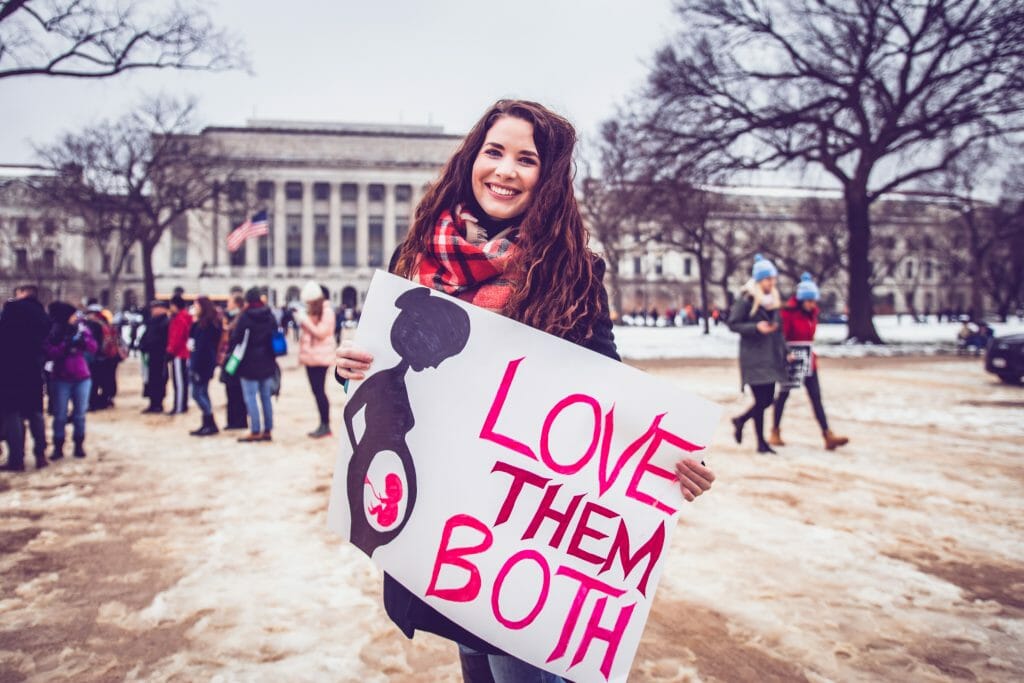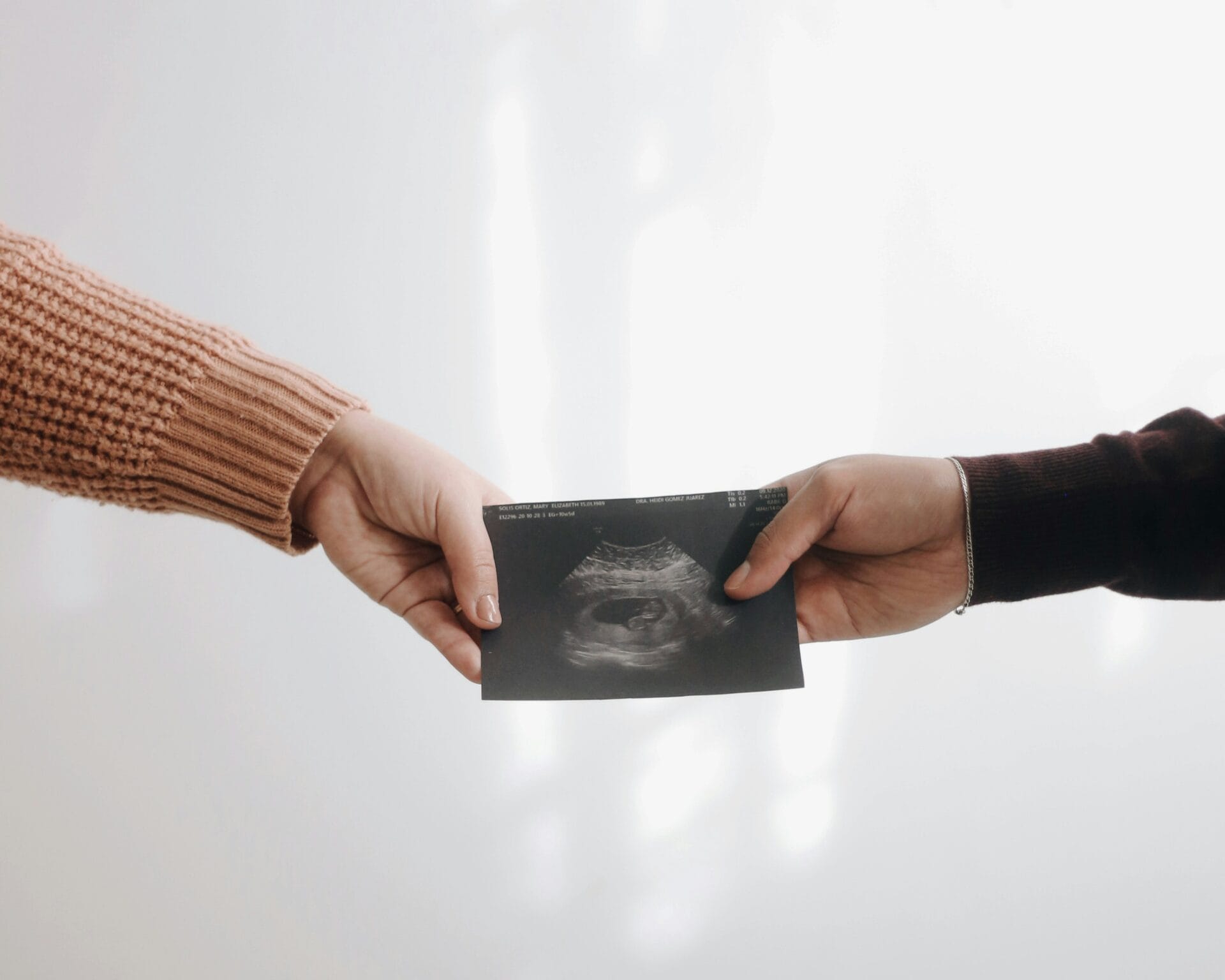
The abortion lobby says yes. But the numbers tell a different story. The Journal of the American Medical Association recently published a study specific to Texas that assessed the state’s postponement of surgical abortion during the early months of COVID. The conclusion of the study seems certain that late-term abortion numbers increased as a result (something the pro-abortion Guttmacher Institute and National Abortion Federation jumped on immediately).

Back in March, Texas was one of multiple states that deemed abortion a “nonessential service.” Reading the AMA study with no other background information would indeed raise most people’s suspicions about the effect of this executive order. But there’s more to the story; as National Review points out:
“[…] the study indicates that significantly fewer second-trimester abortions took place in Texas during February 2020 and March 2020 than during February and March of the previous year. In fact, when the totals from all the months analyzed in the study are considered, the overall number of second-trimester abortions performed in Texas actually decreased compared to 2019. Some Texas women might have obtained second-trimester abortions in other states, but between February 2020 and May 2020, the study reports that less than 9 percent of abortions performed on Texas women took place in other states. With that in mind, any overall increase in second-trimester abortions in the state likely was considerably lower than media coverage suggests.”
Now, Let’s Get Hypothetical
The historical analysis above disproves the claim that pro-life actions during the early months of the pandemic increased late-term abortions. But let’s say, hypothetically for a moment, that the abortion lobby’s claim was true. Let’s say that women who became pregnant at the beginning of the pandemic were denied first-trimester abortions in large numbers and subsequently sought late-term abortions when restrictions lifted. The question would be… was the pro-life movement wrong to deem abortion “nonessential” and restrict its access, same as other “elective procedures?”
Decidedly not. And philosophically, here’s why:
Abortion is just as wrong in the first trimester as it is in the second.
Anyone who believes abortion is wrong has decided that external characteristics or qualities (size, stage of development, location, dependency, etc) are not what make the preborn people who are deserving of human rights. Late-term abortion (abortion after 20 weeks) is uglier to many people because the baby can feel pain, sleep & wake, noticeably kick & move, and weighs nearly a pound. But humans are equally valuable at all stages of our lives because these factors, though they pull more at our heartstrings, aren’t what make us human. Our human DNA is the only thing every single one of us has in common. Any step we take away from that foundational truth is dangerous, and historically proven to be so.
Because abortion is fully wrong at any stage, the pro-life movement should restrict it wherever and whenever possible.
Policy-wise, there’s a right and a wrong way to go about abolishing abortion (trust us – the pro-life movement has been debating it for decades). A total ban starting tomorrow would be great, obviously – we, as a society, have never been more ready to embrace and support women facing unplanned pregnancies. But culture doesn’t change overnight, and we support an incremental approach as a realistic path to making abortion illegal and unthinkable. That said, any opportunity to save women and babies from abortion is a worthy one.
Intent is everything.
In our hypothetical case, our response to an unforeseen pandemic decreased first trimester abortions and increased second trimester ones. A crucial follow-up question would be: was that our (hypothetical) intent? Of course not. In this case, or any other, “look what you made me do” doesn’t exactly hold up in court. The real-life intent of restricting abortion during the onset of COVID was first and foremost to keep abortion facilities from hoarding much-needed medical supplies that belonged at hospitals (which they were absolutely doing). Seeing as abortion is nonessential every day of the week, COVID or not, this response wasn’t exactly a stretch.
Share this post
Recent Posts

Abortion Brags from Lily Allen & Hat from Cynthia Nixon Enrage Even Pro-Choice Americans. Can the Pro-Life Generation Take Some Credit?
11 Jul 2025
Young Mom Prayed for God’s Hand on Her Child – At Her Ultrasound Appointment, THIS Happened
11 Jul 2025
Letter to the FDA Regarding Chemical Abortion Drugs June 2020
10 Jul 2025
